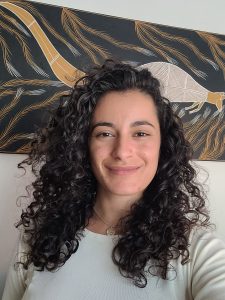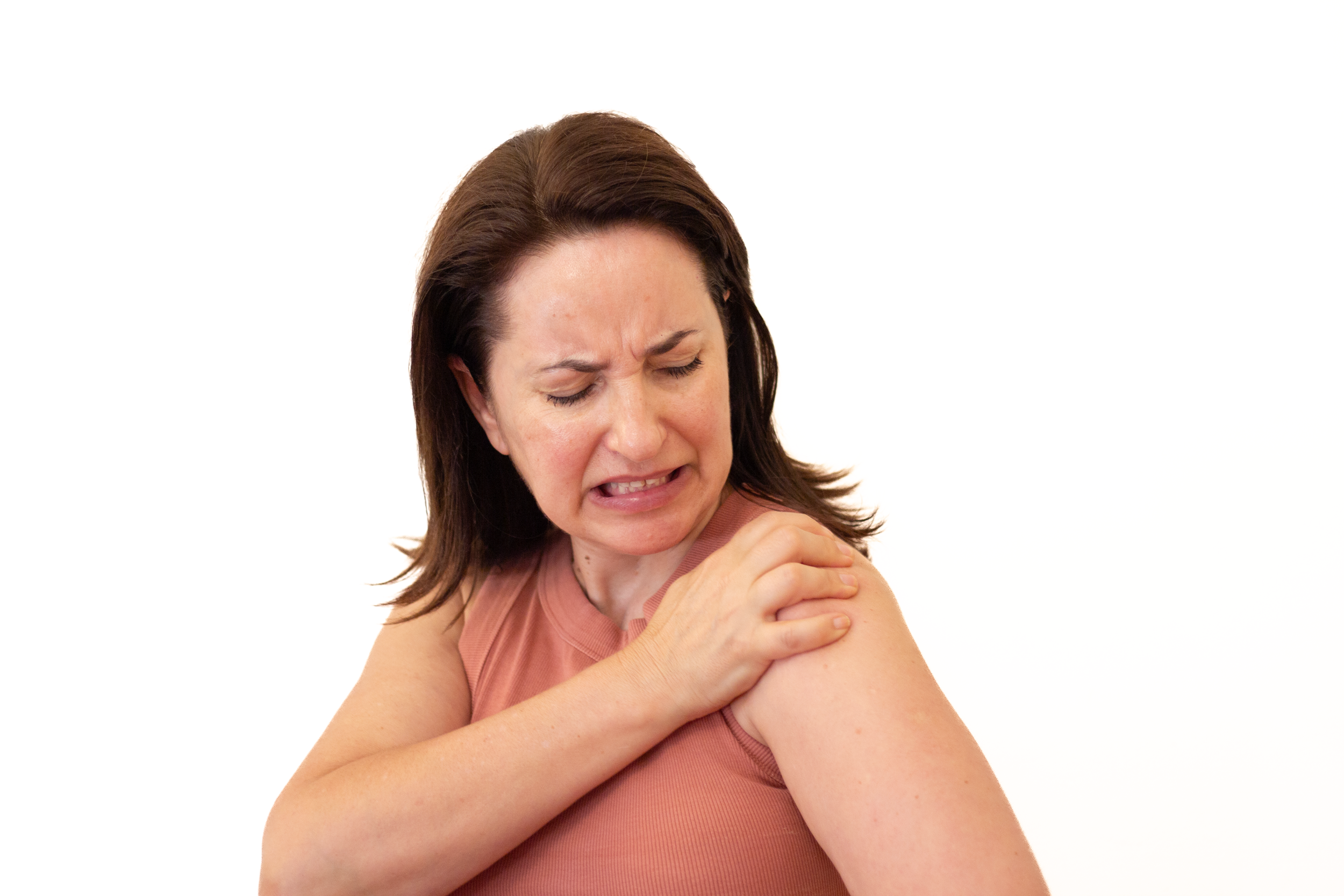People seeking acupuncture for shoulder pain is one of the most common things we see in the clinic. It can disrupt sleep, limit movement, and make everyday activities frustratingly difficult.
Common causes include: ✅ Rotator cuff injuries ✅ Bursitis ✅ Tendinitis ✅ Arthritis ✅ Frozen shoulder (adhesive capsulitis)
Whether due to repetitive strain, postural issues, or underlying systemic imbalances, shoulder pain can significantly impact your quality of life. That’s why we take an integrative approach, combining Traditional Chinese Medicine (TCM) with physiotherapy for the best results.
🔸 The Traditional Chinese Medicine (TCM) Perspective on Shoulder Pain
TCM has recognised and treated shoulder pain for centuries. There are specific acupuncture points documented over 2000 years ago that we are still using to help people today.
In fact, frozen shoulder is historically described as 3 different names:
- 50-year-old shoulder [wu shi jian] so called because it frequently affects individuals around middle age.
In Chinese medicine, the fluids that cool, moisten, and nourish the body are referred to as Yin and Blood. Liver Blood also supports muscle and tendon flexibility.
As we age our Yin and Blood naturally decline and there is less nourishment to the joints and tendons, leading to stiffness and discomfort.
- Frozen shoulder [jian ning] as it’s seen to be due to “cold contraction” which slows circulation and creates stiffness and pain.
This ties in with the western medicine finding that there is possibly a viral component to adhesive capsulitis.
We occasionally see patients who have literally “caught a chill” in their shoulder. Interestingly we see this occurring more so in summer than winter due to air-conditioning. - leaky shoulder wind [lou jian feng]. This is the most interesting one. The shoulder wind describes the idea that the wind chill has penetrated into the shoulder joint. The leaky part, is the idea that the body’s defensive mechanism has grown weaker, allowing the cold invasion.
💫 Emotional & Energetic Factors in Shoulder Pain
In TCM, emotions and energy flow play a role in physical pain. Modern research indicates that stress plays a large component in adhesive capsulitis/frozen shoulder.
🔹 Right Shoulder: Linked to the Liver—associated with stress and frustration.
🔹 Left Shoulder: Connected to the Stomach—indicating difficulties processing life events.
🔹 Front Shoulder Pain: Related to the Lung (grief) and Large Intestine (letting go) meridians.
🔹 Back Shoulder Pain: Associated with the Small Intestine meridian—linked to digestion and past emotional trauma.
🍂 Seasonal Influences & Prevention
Colder months can increase shoulder pain due to wind and cold invasion. Here’s how to prevent it:
🔥 Keep the Shoulder Warm – Wear appropriate clothing and use infrared heat or moxibustion.
🧘 Gentle Movement – Try tai chi to improve flexibility and circulation. (Join Matt’s Tai Chi class every Wednesday!)
🏋️ Strength Training – Incorporate physiotherapy exercises to enhance shoulder stability.
🏥 Treatment Modalities We Use in Clinic
We integrate evidence-based Chinese medicine and physiotherapy principles for a well-rounded treatment approach.
✨ Acupuncture
Acupuncture for shoulder pain stimulates key meridians to restore balance and healing. The most relevant meridians include:
📍 Small Intestine Meridian – Commonly used for rotator cuff injuries.
📍 Large Intestine Meridian – Beneficial for tendinitis and bursitis.
📍 Triple Burner Meridian – Supports circulation and energy flow.
📍 Gallbladder Meridian – Addresses lateral shoulder pain and tension.
✅ Studies show acupuncture can:
- Reduce inflammation and pain perception.
- Increase blood circulation for tissue healing.
- Improve range of motion and shoulder function.
🌿 Herbal Medicine
Each formula is tailored to you! One common formula we use is Du Huo Ji Sheng Tang for cold and damp stagnation. Shu Di Huang and Dang Gui are also herbs we use to enrich Blood and lubricate joints.
🔥 Cupping & Gua Sha
- Enhances blood circulation
- Alleviates stagnation
- Promotes tissue healing
🤲 Manual Therapy
- Joint mobilisations
- Soft tissue manipulations
- Improves mobility and reduces pain
🏋️ Exercise Therapy
- Strengthens shoulder muscles
- Improves flexibility and range of motion
📚 Education & Lifestyle Adjustments
- Proper posture and ergonomics
- Activity modifications to prevent pain recurrence
⚡ Additional Modalities
We use several different modalities and techniques to address shoulder pain in clinic. In addition to acupuncture, physio and herbs, we sometimes also use:
- Electrical stimulation
- Ultrasound therapy
- TDP infrared heat therapy
Look out for our next blog where we will talk more about the functions of all the different rotator cuff muscles of the shoulder 💪
🌟 Find Relief from Shoulder Pain Today!
If you’re struggling with shoulder pain, acupuncture and physiotherapy can work together to provide a holistic, effective treatment plan.
🔹 Physiotherapy addresses structural imbalances. 🔹 Acupuncture & herbal medicine resolve energetic stagnation and promote healing from within.
💡 What You Can Do in the Meantime
While waiting for your appointment, try these at-home strategies:
🔥 Heat Therapy – Apply a heat pack to relax muscles and improve circulation.
🌿 Topical Applications – Our top favourites for shoulder pain include:
- Hwato Herbal Patches
- Po Sum On
- Zheng Gu Shui
We stock these in clinic.
📢 Note: This article is for informational purposes only and does not substitute professional medical advice. Book an appointment for personalised care!
About the Authors
 Matthew Radford – Physiotherapist & Chinese Medicine Practitioner
Matthew Radford – Physiotherapist & Chinese Medicine Practitioner
Maya Amhaz – Chinese Medicine Practitioner
Maya is a compassionate Chinese Medicine practitioner who takes a holistic approach to uncovering and treating the root causes of her patients’ health concerns. With extensive training in areas such as women’s health, fertility, dermatology, and cosmetic acupuncture, she blends traditional wisdom with modern integrative care. Maya empowers her patients to understand their bodies, make sustainable health choices, and achieve lasting wellness. Maya is available for appointments every Monday and Thursday at Centre of Health.


